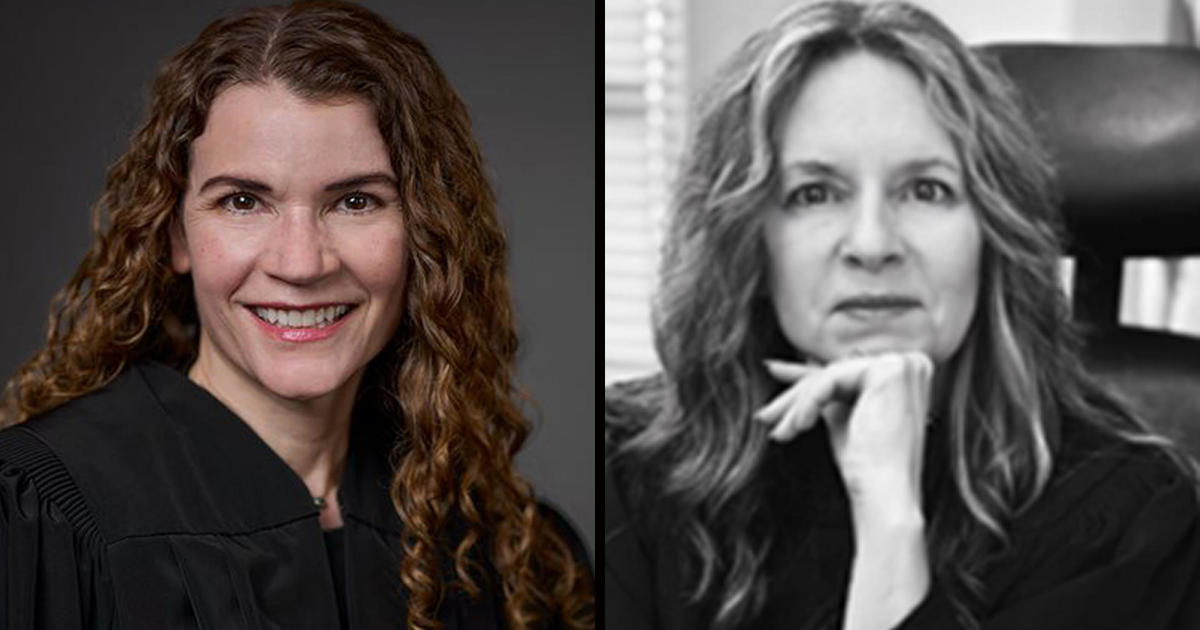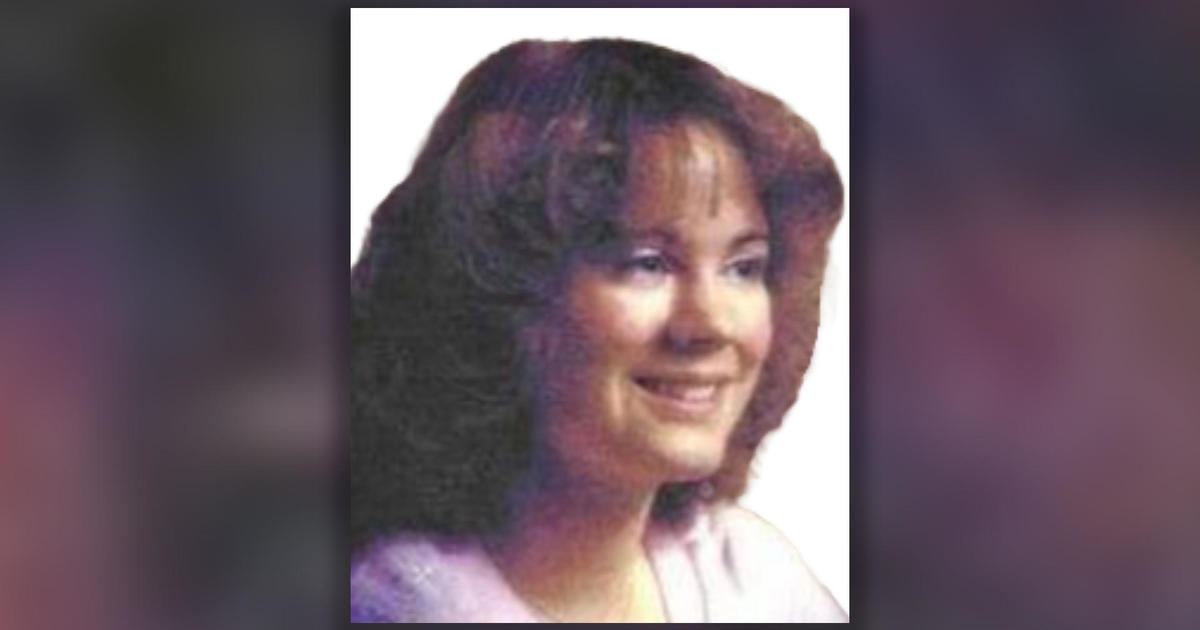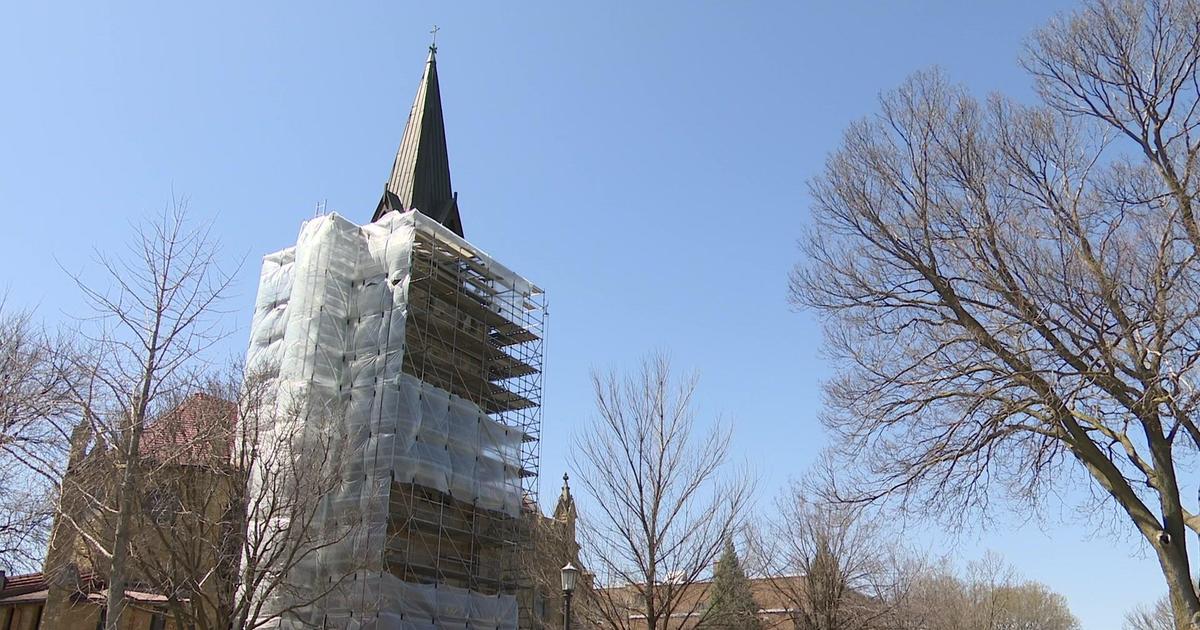Minn. Anti-War Activists Want FBI Documents Public
ST. PAUL, Minn. (AP) — An attorney for two anti-war activists whose Minneapolis homes were raided by the FBI three years ago as part of an investigation that has not yet yielded criminal charges asked a federal judge on Friday to unseal the documents that prompted the searches and end the secrecy.
Jess Sundin and Mick Kelly are among 23 political activists in Minneapolis, Chicago and Grand Rapids, Mich., whose homes were searched in late 2010. At the time of the raid, search warrants obtained by The Associated Press indicated federal investigators were looking for connections between the activists and radical groups in Colombia and the Middle East.
"There is a public interest ... in knowing the government's basis for targeting these homes three years ago," said Bruce Nestor, attorney for Sundin and Kelly. He added that the searches placed his clients under undue suspicion.
But prosecutors said Friday there is a compelling interest to keep the search warrant affidavit sealed for now because the investigation continues.
Assistant U.S. Attorney Andrew Winter said "there will be a day" when the document becomes public, but he could not say whether anyone would be charged.
Documents like the affidavit are typically made public once charges are filed or after the statute of limitations runs out, which in this case is five years. They can also be made public if a time limit for keeping them sealed is put in place. In this case, a time limit was not specified.
U.S. Magistrate Judge Steven Rau told Nestor that public access to the documents is not an unfettered right, and it's not uncommon for such documents to be under seal.
But Rau also said the larger issue is what to do about ongoing secret investigations, saying the government can't always say it has a compelling reason to keep documents sealed simply because an investigation is underway.
Rau said Winter has 120 days to tell him — privately — about the nature of the investigation and what has happened since the searches. Rau will then decide whether the affidavit should be unsealed.
While the FBI initially said authorities were seeking evidence related to activities concerning the material support of terrorism, authorities haven't yet revealed the targets of the investigation or details. While many of the activists have been subpoenaed to appear before a grand jury in Illinois, none have testified.
The activists have denied contributing money to terrorist groups and say they have done nothing illegal.
The warrant for Kelly's home sought evidence on travel he did as part of his work for the Freedom Road Socialist Organization and on travel to Colombia, the Palestinian territories, Jordan, Syria or Israel. Two groups — one in Chicago and one in New York — use the Freedom Road name after a 1999 split. The New York group has said it was not targeted.
The warrant for Sundin's home was similar but included a slightly different list of groups.
Nestor said he believed the government conducted the raids in hopes of uncovering a conspiracy to help the Revolutionary Armed Forces of Colombia or the Popular Front for the Liberation of Palestine.
"The court should really ask: Is there really an ongoing investigation, or is the government embarrassed that the vast conspiracy ... never materialized?" Nestor said.
Nestor said keeping the documents under seal sends a message that the government can raid the homes of political dissidents, never charge them and never explain why. He said the situation initially made his clients afraid to exercise their right to free speech.
"I understand your clients' concern about this ... but it hasn't deterred them," Rau said.
(© Copyright 2013 The Associated Press. All Rights Reserved. This material may not be published, broadcast, rewritten or redistributed.)



